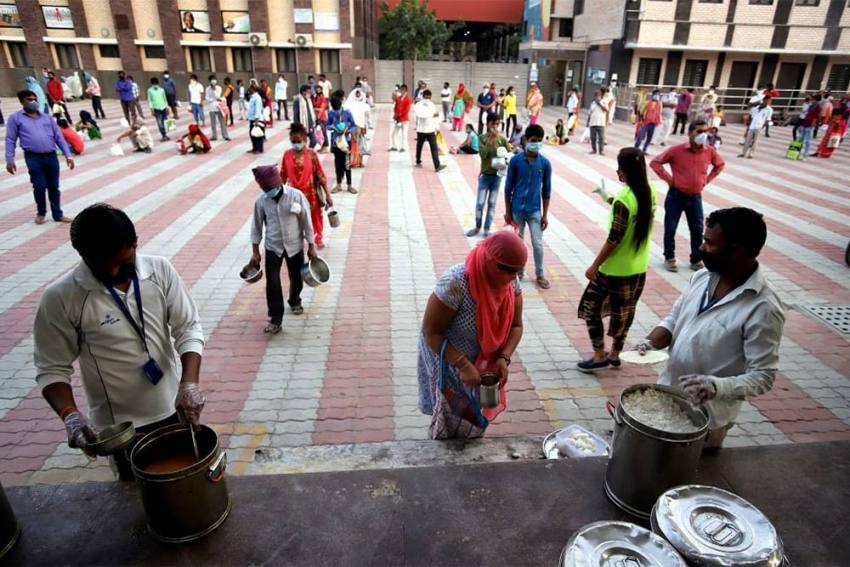As most parts of India seek a seamless supply of essential goods in the midst of the countrywide lockdown to fight COVID-19, the central question that assumes importance is – what are the conditions under which the labour force is meeting the demand of mass production and delivery at low costs?
The national lockdown came into effect on March 26, backed by health experts as a necessary step for containing the rapid spread of the virus. There are, however, consequences of the contagion that go beyond the health-related challenges, and raise, possibly, more long-term humanitarian concerns.
The huge number – over 39 crore – of unorganised and migrant workers on the fringes or outside the socio-economic security umbrella, are the most vulnerable. This makes them the easiest target for the organised crime network of human trafficking. Deprivation and hunger await them before and after they reach their villages across several states. They will be forced into debt and predatory interest rates even for their daily subsistence. This will trigger decades of inter-generational bondage and wage-less labour. Hundreds of thousands of children will be enslaved.

